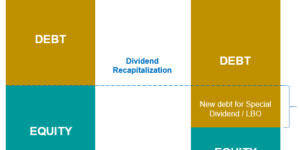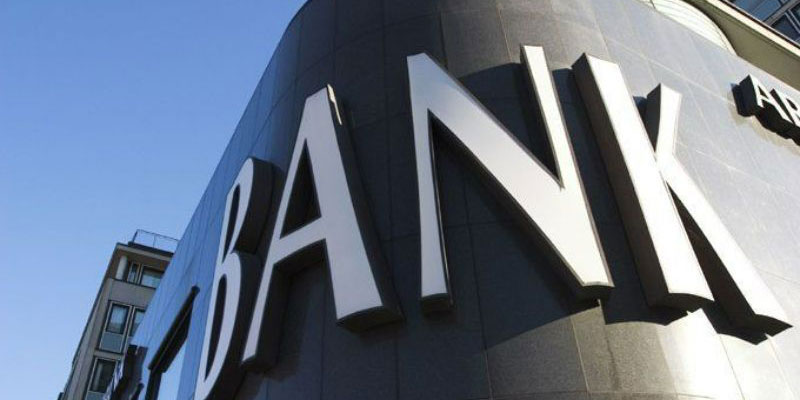Full-recourse loans secured by an entity's accounts receivable are known as "non-notification loans" (AR). Selling an AR portfolio is one way for a company to get cash from a third party. Non-notification loans are a subset of invoice factoring, a popular source of funding for businesses that do business with other businesses (B2B). A factoring firm provides a source of money to the borrowing business by purchasing outstanding invoices for a proportion of their worth.
Workings of Non-Notification Loans
Companies may quickly access money and finance via factoring, as opposed to going to a conventional lender like a bank or financial institution, to meet their short-term demands. Their compensation is dependent entirely on the total sum of money payable to the firm by its clients, which is represented by the accounts receivables. Loans that don't need you to tell anybody about them are a kind of factoring. A related term is accounts receivable finance. There are often three parties involved in a loan of this kind. Examples of such entities are:
Lenders provide operating capital to borrowers. The link between the borrowing firm and its clients is preserved, unlike other types of factoring. This indicates that it is still pursuing debt collection efforts. In exchange, the borrower must provide the factor a cut of the money collected from the borrower's clients. Lenders are compensated for taking on the potential for unpaid bills by charging a charge. The amount of the cost relies on the likelihood of default - the higher the danger of default, the bigger the price. If there is less of a possibility of default, then the factoring charge will be reduced.
Factoring organizations typically only lend money on invoices submitted to corporate customers. Hence non-notification loans are the most popular in business-to-business transactions. Borrowers are usually expected to provide proof of minimum yearly sales, sign an annual contract, and pay at least a minimum amount each month to a factoring company. Loans made without first notifying the borrower might be appealing to commercial banks & finance businesses since they don't have to take on any of the credit risk associated with the sold or assigned receivables.
Where Does Non-Notification Factoring Make Sense?

Once a customer is accepted by a factoring business, there are often minimal restrictions on the types of transactions that would qualify under a standard factoring agreement. Nevertheless, there are additional conditions that must be followed when using non-notification factoring. Each application is looked at individually to determine eligibility by your factoring firm.
For instance, this often occurs with bills that are sent on a regular basis rather than for individual purchases. There must be a substantial pattern of late or missing payments. The client must be able to demonstrate that they have been in operation for some years and have a minimal likelihood of going bankrupt. To further confirm their dependability, a credit check will be required. This may be the greatest option for your company with some clients, despite the stricter criteria. That way, you may keep your factoring arrangement in place without damaging your standing with your clientele.
Non-Notification Factoring: How to Determine If It's Right for You
Customers should always come first while running a company. Their requirements must be addressed if you desire to keep them returning back and purchasing your items or renewing their memberships. If your customers have shown disinterest in being factored, you should not implement the practice out of fear of harming your relationships with them. That's why it's important to use non-notification factoring. You can still meet the demands of your customers while rapidly obtaining the funds you need.
If your company finds itself in the aforementioned situations with any of its customers, a non-notification factoring loan may be the best option. If you can't afford to wait thirty days for payment, you may have to let a customer go and lose the cash flow they bring you. The only person who can answer that question is you, after carefully considering your financial circumstances.
Even if your company operates only on invoices, factoring may help you maintain a steady cash flow. In addition to expediting the time it takes to collect payments from your customers, non-notification factoring also ensures that communication between your business and the factoring firm is always smooth and hassle-free. Consult a factoring business if you're interested in this service.
Special Considerations
Non-notification loans are often originated by commercial banks and financial businesses. However, because of the expansion of online lending platforms, contemporary factoring firms may now provide non-notification loans to a wider variety of enterprises, requiring fewer guarantees and imposing fewer limits on their applicants' annual income. Construction, estate development, healthcare, and transportation are just a few of the fields where non-notification loans have indeed been implemented.
Non-Notification Loan Past

Historically, in English common law, loans made without first providing notice were considered to be void. In the U. S., this held true until around the middle of the twentieth century. By that time, factoring had become a common method of funding in the textile industry, which had been expanding fast and whose financing demands may have put a strain on the resources of some of the smaller banks in the United States banking system. As early as 1949, non-notification loans were sanctioned by the law in the majority of states throughout the United States. Since the Federal Reserve would not purchase notes supported by AR, financial institutions in the early twentieth century started offering the service to commercial customers. Since the financing business is not taking on any of the credit risk associated with the receivables being sold or allocated, non-notification loans may be quite appealing.



